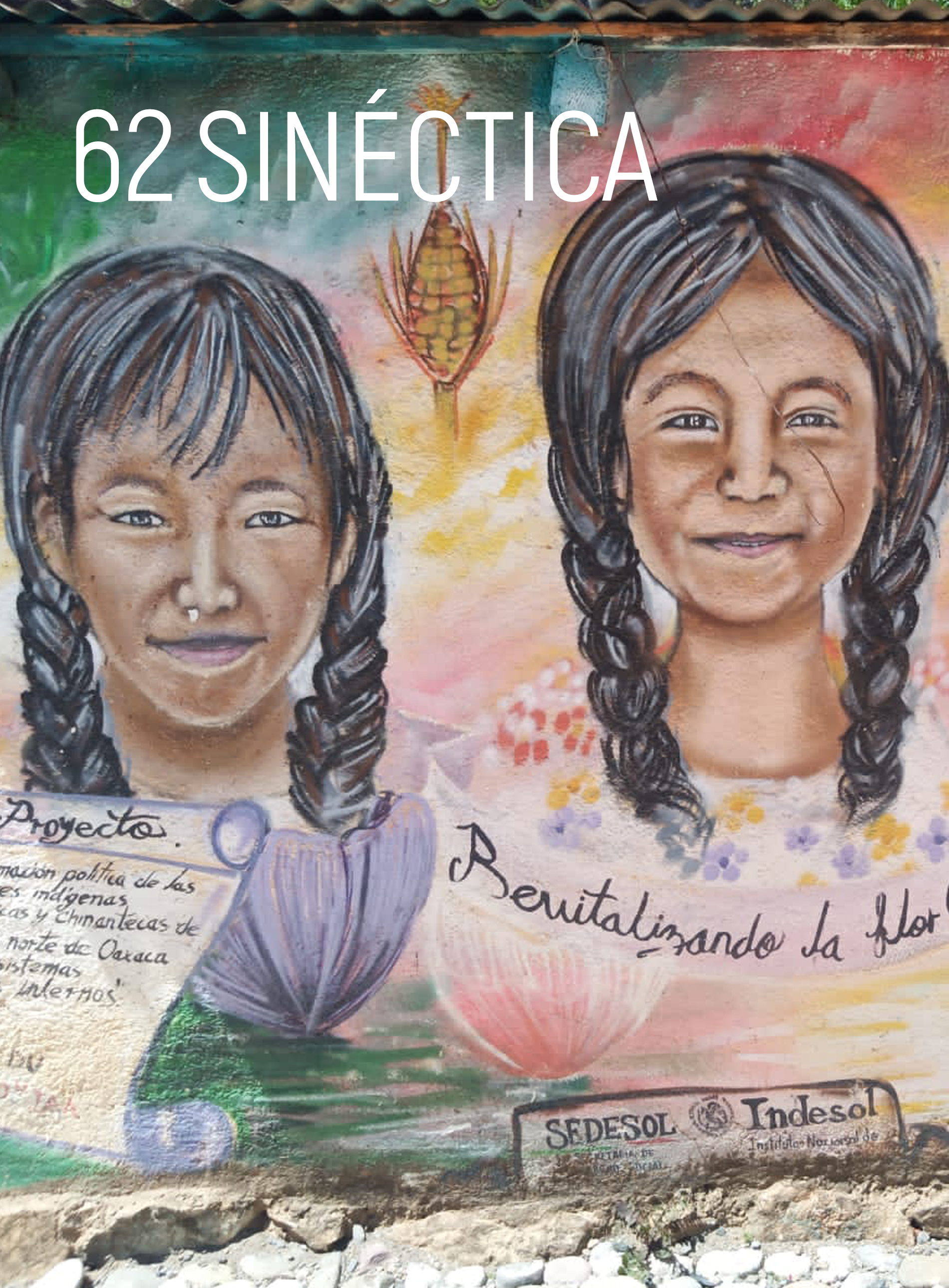¿Competencias o pensamiento práctico? La construcción de los significados de representación y acción. (extracto)
Abstract
El término competencias se me aparece como una serpiente sinuosa que ha acompañado mi vida académica desde mis primeros contactos con el territorio de la pedagogía como estudiante a finales de los años sesenta hasta nuestros días. El reptil seductor apareció poderoso en las primeras clases que recibí en la disciplina de Didáctica con la apariencia del mejor traje científico de la mano del conductismo (SKINER, THORNDIKE, BLOOM, POPHAM…), dominando orgulloso la escena hasta principios de los ochenta. Desapareció en un largo invierno de letargo, si bien es verdad que con efectos siempre presentes, hasta su despertar actual de la mano de las propuestas, entre otras, de la OCDE. El término es el mismo, pero el significado parece bien diferente.
Downloads
Downloads
Published
Issue
Section
License
This work is licensed under a Creative Commons Attribution-NonCommercial 4.0 International license.
Authors who publish in Sinéctica agree to the following terms:
The authors retain copyright and grant the journal the right of first publication of the authorized work simultaneously under a Creative Commons Attribution License, which allows others to share the work as long as both the authorship of the work and the initial publication in this journal are acknowledged.
Authors may enter into additional separate contractual agreements for non-exclusive distribution of the published version of the journal (e.g., publishing in an institutional repository or a book), with acknowledgement of initial publication in this journal.
Authors are allowed to publish their work in institutional repositories or on their own website before and during the submission process, as it may generate productive exchanges, as well as earlier and greater citation of the published work.
Explanatory note: As of 2017 Sinéctica is governed by the Creative Commons Attribution Non-Commercial 3.0 International License, a version that standardizes licenses internationally.
Articles published between 1992 and 2016 are covered by a Creative Commons Attribution-NonCommercial-NoDerivatives 4.0 International license, which allows a work to be shared and distributed non-commercially and with acknowledgement of the author, but prohibits modification of the original creation.






















